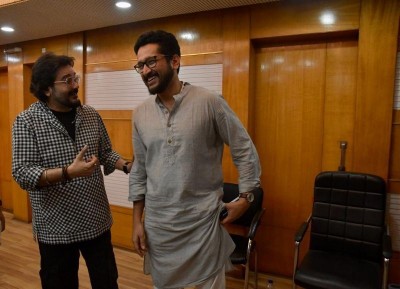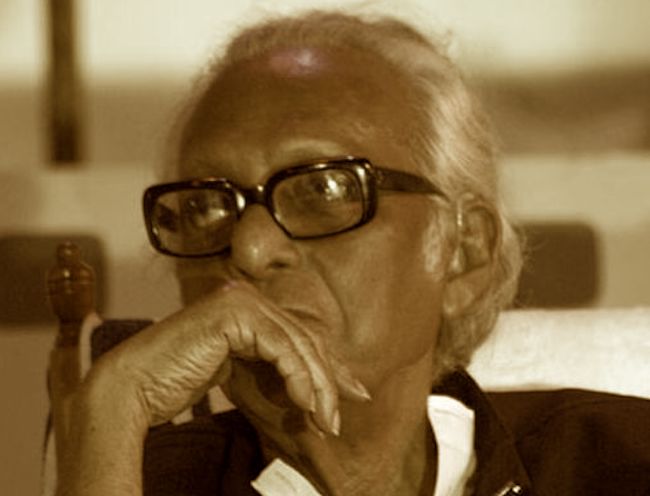
Iconic filmmaker Mrinal Sen no more, world of cinema mourns the loss
Kolkata, Dec 30 (IBNS): Iconic filmmaker Mrinal Sen, who ushered in the new wave in Indian cinema along with other stalwarts of his time, died at his south Kolkata residence on Sunday, bringing to an end an era that took the country's arthouse movies to the world's connoisseurs of films and the international festival circuit.
Sen breathed his last at 10:30 am. He was 95.
While his wife Gita Sen, who acted in several of his films, predeceased him, he is survived by his son Kunal.
Sen, a Padma Bhushan and Dada Saheb Phalke awardee, paved the way for parallel cinema in India along with Satyajit Ray and Ritwik Ghatak.
An ardent follower of Marxist philosophy, his cinema was known for its artistic depiction of social reality. He was also a Rajya Sabha member earlier.
Famous Indian actors like Shabana Azmi, Nasiruddin Shah, late Smita Patil, Om Puri, Madhabi Mukherjee and others acted in his films that not only brought awards but also were strong commentaries on society and socio-political reality of post-Independence India.
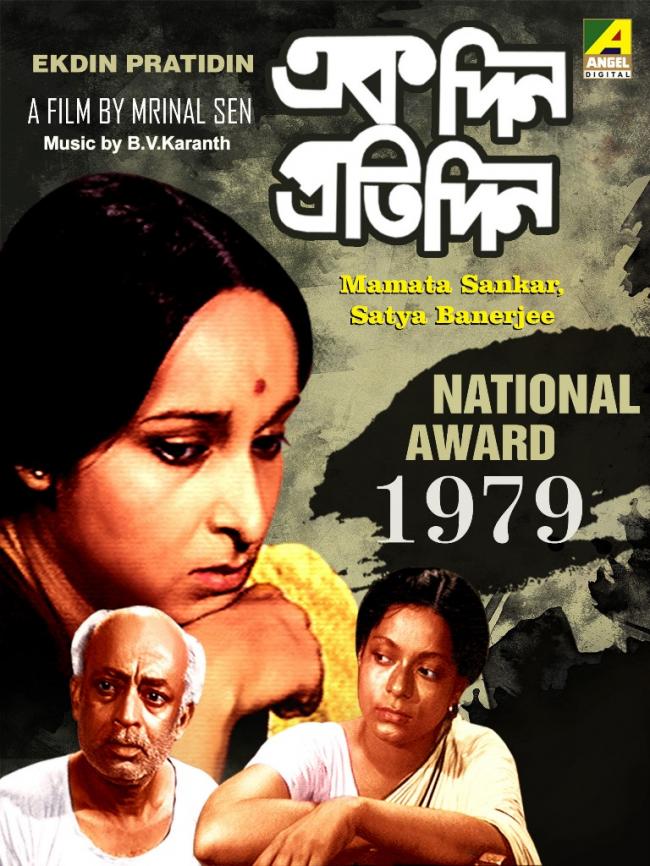
Born on May 14, 1923, in Faridpur, (now in Bangladesh), he came to Kolkata later and studied physics. Soon he was involved with the cultural wing of the Communist party and got associated with the Indian Peoples Theatre Association.
Mrinal Sen made his first feature film in 1953, but it was his second film Neel Akasher Nichey (Under the Blue Sky), which brought him to limelight. His third film, Baishey Shravan (Wedding Day) earned him the recognition as a filmmaker or international repute and skills. Rest is history as he went on making films, often capturing the political movements of the time, including the turbulent Naxal movement era of Bengal.
Following the passing away of Sen, President Ram Nath Kovind tweeted: "Sad to learn of the passing of acclaimed film-maker Mrinal Sen. From Bhuvan Shome to the Calcutta trilogy, his penetrating and sensitive portrayal of social realities made him a fine chronicler of our times. A loss to Bengal, to India and to the world of cinema."
Sad to learn of the passing of acclaimed film-maker Mrinal Sen. From Bhuvan Shome to the Calcutta trilogy, his penetrating and sensitive portrayal of social realities made him a fine chronicler of our times. A loss to Bengal, to India and to the world of cinema #PresidentKovind
— President of India (@rashtrapatibhvn) December 30, 2018
West Bengal Chief Minister Mamata Banerjee condoled Sen's death.
“Saddened at the passing away of Mrinal Sen. A great loss to the film industry. My condolences to his family,” she wrote in her tweet.
Saddened at the passing away of Mrinal Sen. A great loss to the film industry. My condolences to his family
— Mamata Banerjee (@MamataOfficial) December 30, 2018
Popular film actor Prosenjit Chatterjee posted: "At the end of the year receiving news like demise of the legend Mrinal Sen saddens and shocks us. Mrinal jethu gave a new perspective to Indian Cinema.Its a huge loss for all of us.May his soul rest in peace."
At the end of the year receiving news like demise of the legend Mrinal Sen saddens and shocks us. Mrinal jethu gave a new perspective to Indian Cinema.Its a huge loss for all of us.May his soul rest in peace.
— Prosenjit Chatterjee (@prosenjitbumba) December 30, 2018
Union Minister Rajyavardhan Rathore wrote: "Saddened by the demise of veteran filmmaker #MrinalSen.
From Bhuvan Shome to Calcutta 71 to Mrigayaa, his films were strong, trenchant depictions of social realities on the silver screen.
His passing away is the end of an era, and an irreparable loss for the Indian film industry."
Saddened by the demise of veteran filmmaker #MrinalSen.
— Rajyavardhan Rathore (@Ra_THORe) December 30, 2018
From Bhuvan Shome to Mrigayaa, his films were beautiful depictions of social realities on the silver screen.
His passing away is the end of an era, and an irreparable loss for the Indian film industry.
Senior CPI(M) leader Sitaram Yechury tweeted: "More Mrinal Sen’s passing away is a big loss not only to Cinema but to the world of Culture & India's civilisational values. Mrinal da radicalised Cinematography by his people-centric humanistic narrative. Deepest condolences."
Mrinal Sen’s passing away is a big loss not only to Cinema but to the world of Culture & India's civilisational values. Mrinal da radicalised Cinematography by his people-centric humanistic narrative. Deepest condolences. https://t.co/SXkwr5NQKf
— Sitaram Yechury (@SitaramYechury) December 30, 2018
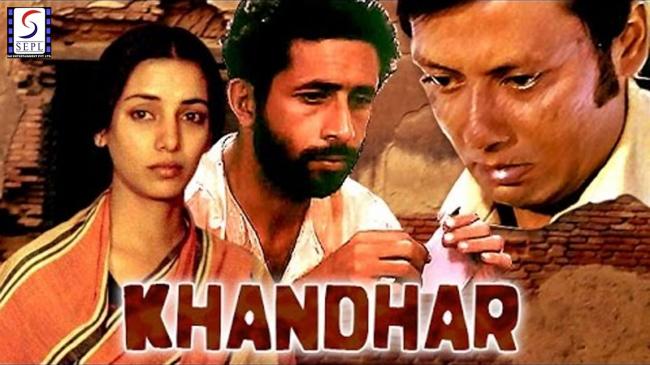
Filmography of Sen
Feature films
Raat Bhore (The Dawn) (1955)
Neel Akasher Neechey (Under the Blue Sky) (1959)
Baishey Shravana (Wedding Day) (1960)
Punascha (Over Again) (1961)
Abasheshe (And at Last) (1963)
Pratinidhi (The Representative) (1964)
Akash Kusum (Up in the Clouds) (1965)
Matira Manisha (Man of the Soil) (Odia film) (1966)
Bhuvan Shome (Mr. Bhuvan Shome) (1969)
Interview (1971)
Ek Adhuri Kahani (An Unfinished Story) (1971)
Calcutta 71 (1972)
Padatik (The Guerilla Fighter) (1973)
Chorus (1974)
Mrigayaa (The Royal Hunt) (1976)
Oka Oori Katha (The Outsiders) (1977)
Parasuram (The Man with the Axe) (1978)
Ek Din Pratidin (And Quiet Rolls the Dawn) (1979)
Akaler Sandhane (In Search of Famine) (1980)
Chalchitra (The Kaleidoscope) (1981)
Kharij (The Case Is Closed) (1982)
Khandhar (The Ruins) (1983)
Genesis (1986)
Ek Din Achanak (Suddenly, One Day) (1989)
Mahaprithibi (World Within, World Without) (1991)
Antareen (The Confined) (1993)
Aamaar Bhuvan (This, My Land) (2002)
Short films
Ichhapuran (The Wish Fulfillment) (1970)
Tasveer Apni Apni (Portrait of an Average Man) (1984)
Aparajit (Unvanquished) (1986–87)
Kabhi Door Kabhi Paas (Sometimes Far, Sometimes Near) (1986–87)
Swamvar (The Courtship) (1986–87)
Aina (The Mirror) (1986–87)
Ravivar (Sunday) (1986–87)
Aajkaal (These Days) (1986–87)
Do Bahene (Two Sisters) (1986–87)
Jit (Win) (1986–87)
Saalgira (Anniversary) (1986–87)
Shawl (1986–87)
Ajnabi (The Stranger) (1986–87)
Das Saal Baad (Ten Years Later) (1986–87)
Documentaries
Moving Perspectives (1967)
Tripura Prasanga (1982)
City Life — Calcutta My El Dorado (1989)
And the Show Goes On — Indian Chapter (1999)
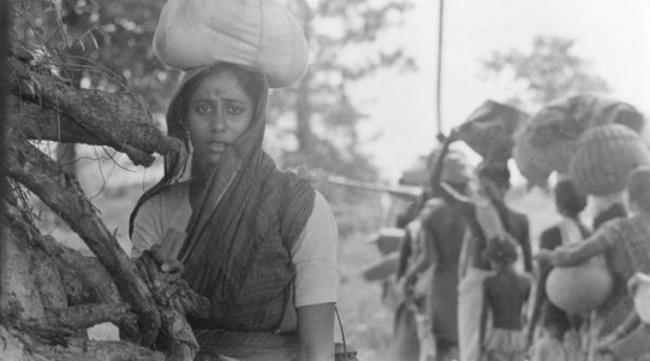
Support Our Journalism
We cannot do without you.. your contribution supports unbiased journalism
IBNS is not driven by any ism- not wokeism, not racism, not skewed secularism, not hyper right-wing or left liberal ideals, nor by any hardline religious beliefs or hyper nationalism. We want to serve you good old objective news, as they are. We do not judge or preach. We let people decide for themselves. We only try to present factual and well-sourced news.





